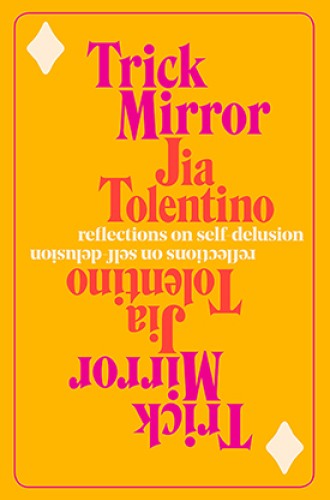Jia Tolentino’s critique of social media, its grip on us, and the people it makes rich
Our lives are shaped by the information we consume—and we can’t do much about it.
The endless news cycle bombards us with information that overwhelms our brain and lures us into a pattern of self-deception. We read about an issue, feel outrage, immediately post our opinion on social media, and feel like we’ve helped fix the problem. But we’re not actually solving anything. We still shop at stores built on inhumane labor practices, we still watch movies featuring actors accused of sexual assault, and we still interact mostly with people who affirm our worldview. If we take no meaningful action to back up our opinions, what purpose does our knowledge serve? We deceive ourselves by believing that just knowing is enough.
Jia Tolentino examines this sense of deception in Trick Mirror. Her nine insightful essays reveal how our lives are shaped by the information we consume and explore the painful reality that there doesn’t seem to be much we can do about it.
In the opening essay, “The I in the Internet,” Tolentino writes about her childhood introduction to the World Wide Web. Like many children of the ’90s, she quickly became obsessed with the internet. She describes the early days of online life as whimsical. This was the era of You’ve Got Mail, she notes, a time when the worst thing that could happen to a person online was to “fall in love with your business rival.”





